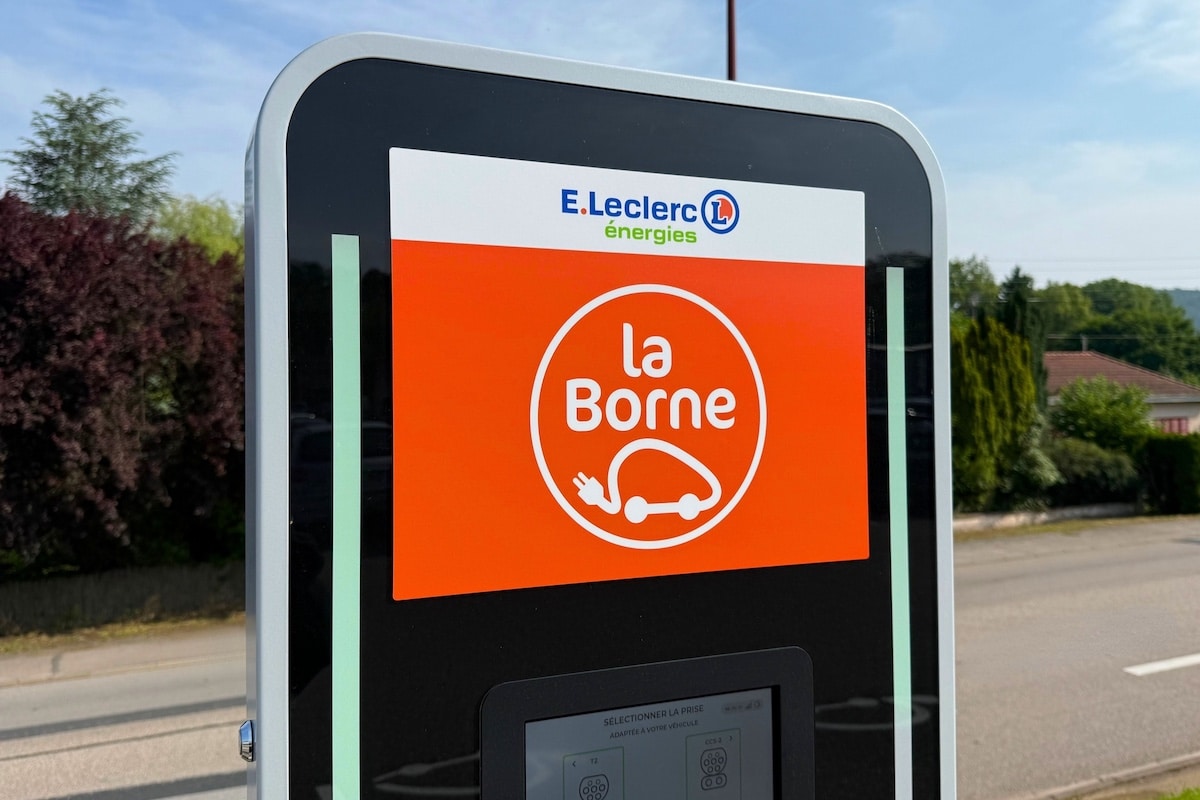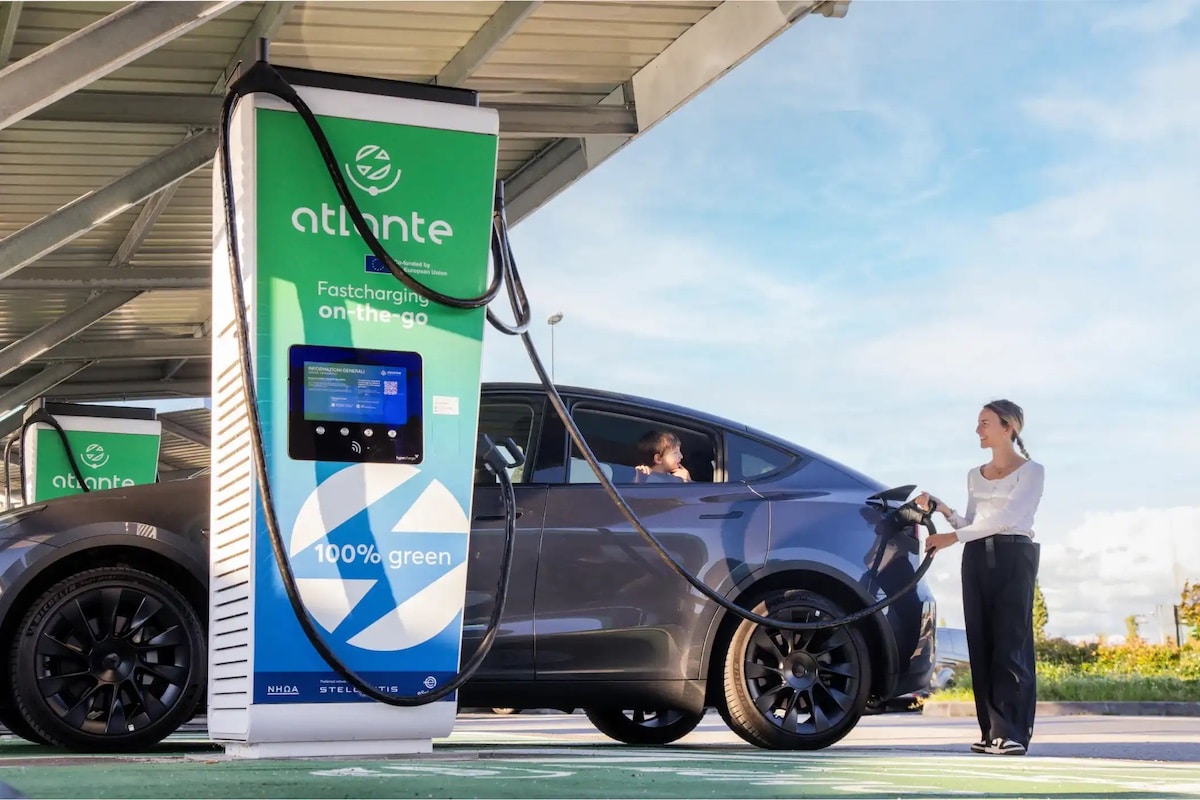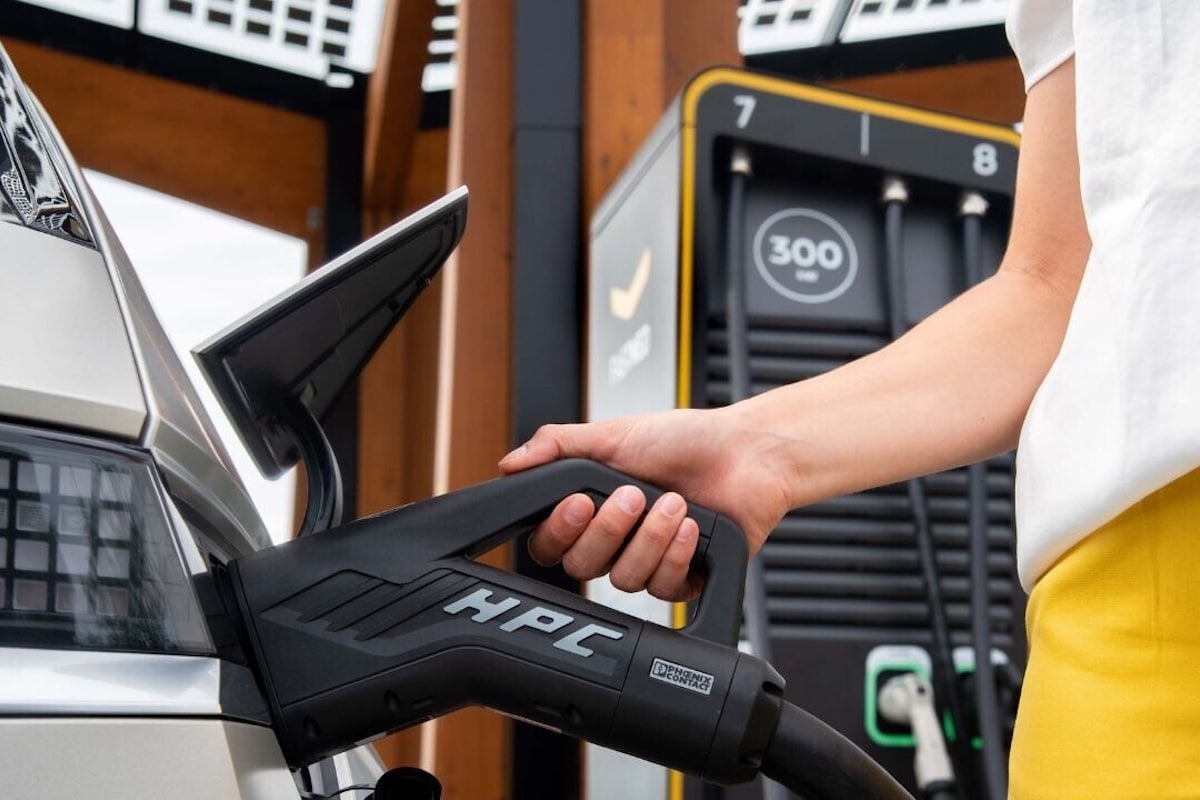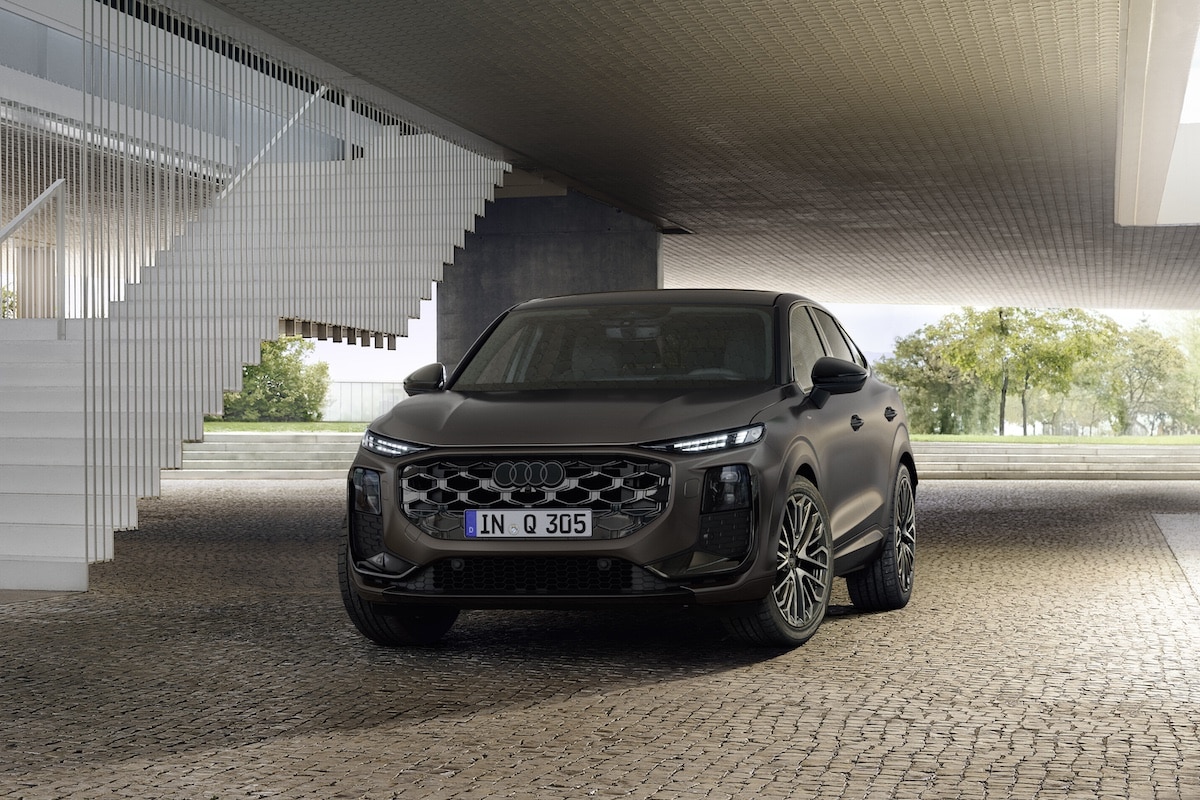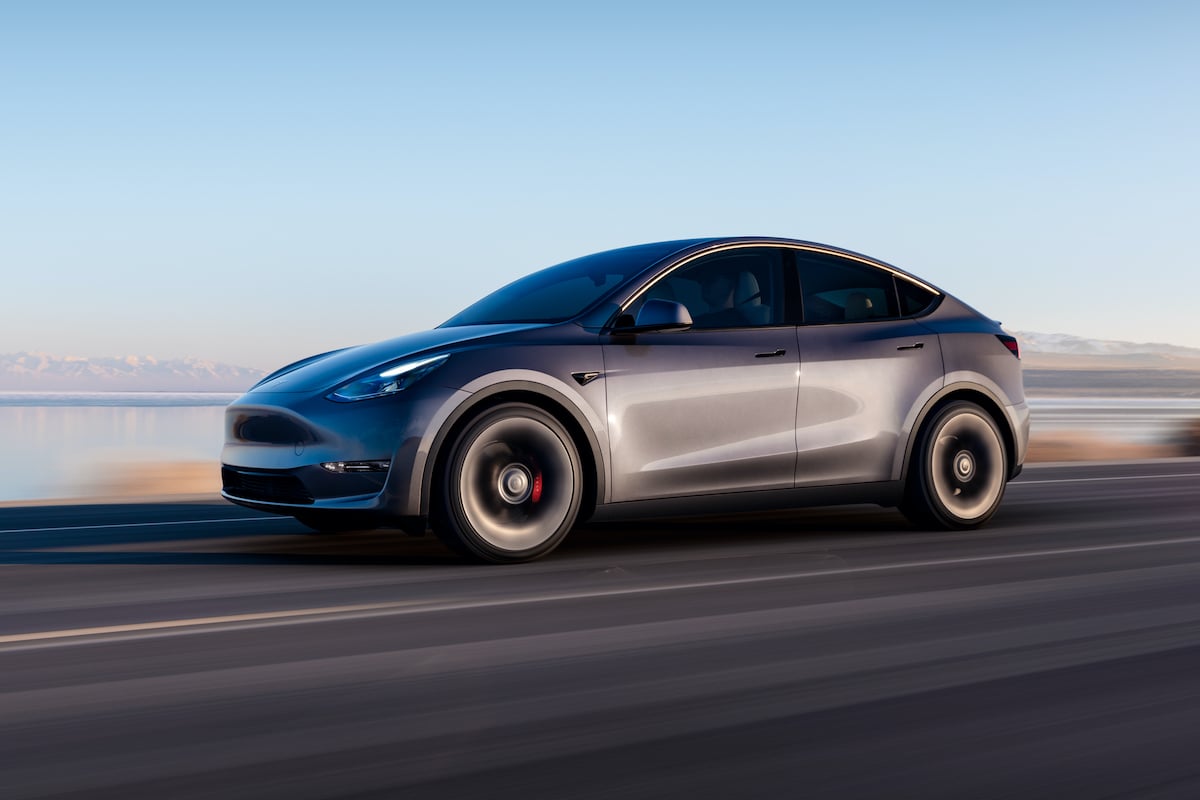Electricity Price 2023: What Is the Cost of Charging an Electric Car?
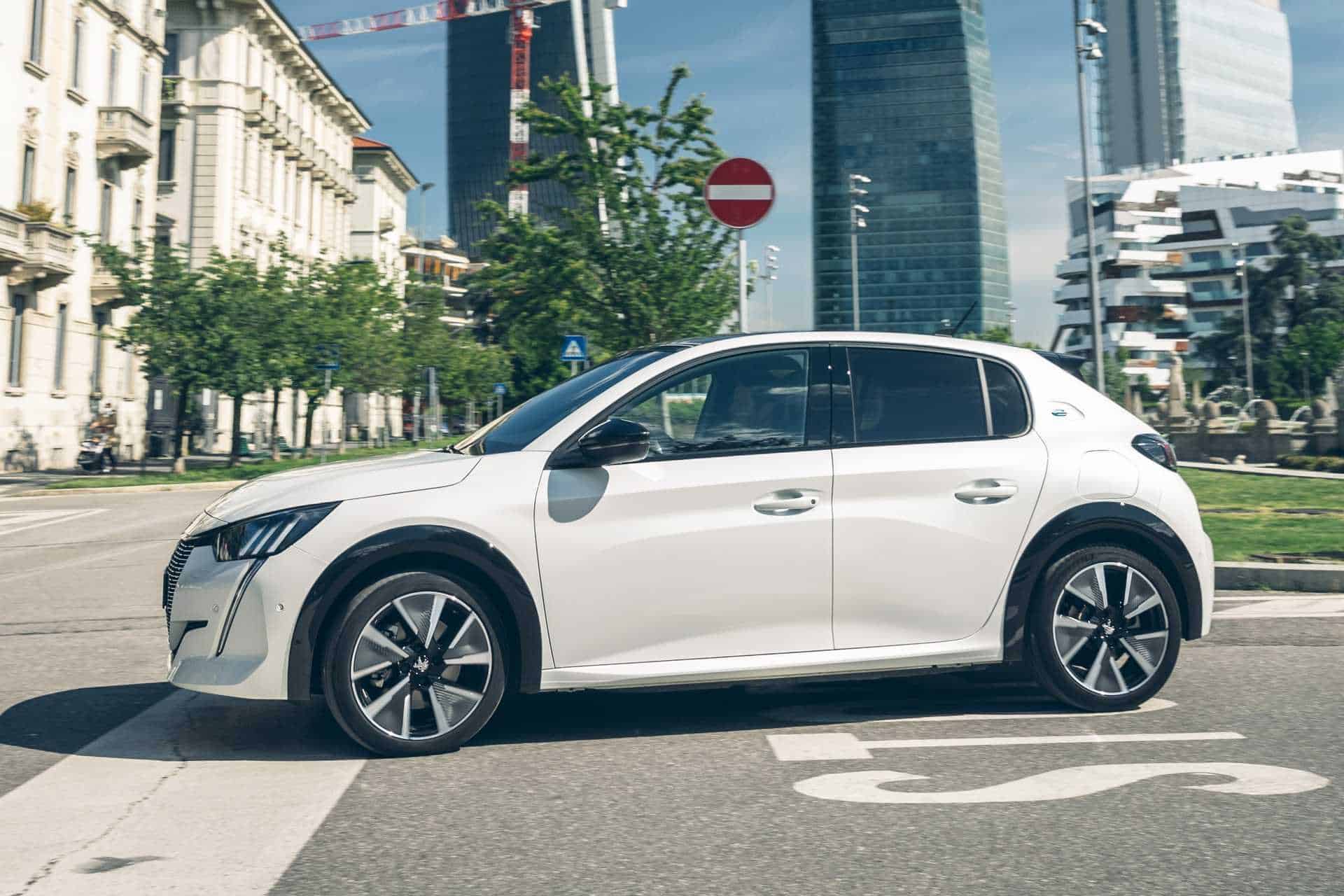
The price of electricity will increase by 15% on February 1st, resulting in higher charging costs for electric cars, but what does that actually mean?
Compared to Germany or the United Kingdom, we can be reassured about the price of electricity. Because faced with the surge in tariffs across Europe per MWh, the government has decided to implement a price cap to prevent the cost per kWh from doubling in France.
However, we will still experience an increase, undeniably. It is limited to +18.5% on February 1, 2023. This impacts the cost of charging electric vehicles, making it more expensive, but by how much?
An increase of €1.30 per charge
Let’s look at the figures. The regulated tariff of EDF was €0.174 per kWh in 2022, and it increases by 15% in 2023. The electricity price per kWh accordingly rises to €0.2062. If there’s good news, it’s that this simplifies your calculations.
Take the example of a Peugeot e-208, the most popular electric car in France. Over 90% of owners recharge at home, using either a reinforced socket (3.7 kW) or a wall-mounted box (7.4 kW). And they never charge from 0 to 100%, both because you never arrive home with a 0% battery, and fully charging accelerates battery degradation.
We recommend minimum recharges from 10% to 90%. Knowing that the e-208’s battery capacity is 50 kWh, each session should recharge 40 kWh. The cost of this recharge was €6.96 in 2022—up until January 31, 2023—and will be €8.25 starting February 1, 2023. A difference of just €1.30.
A €76 increase per year
The €1 increase is therefore very small! But let’s look at this on a larger scale — for a month or even a year. Based on driving 12,000 km per year or 1,000 km per month, what is the extra cost due to the electricity price increase in 2023?
Roughly estimating the Peugeot e-208’s consumption at around 18 kWh/100 km based on our tests, it consumes 180 kWh per month or 2,160 kWh per year. As a result of the electricity price increase, charging costs go from €31 to €37 monthly and from €376 to €445 annually. An increase of €6 per month and €70 per year.
However, additional losses during charging vary depending on the model. According to ADAC data, on a standard outlet, they are 13% for a Fiat 500e, 15% for a Tesla Model 3, and 24% on a Renault ZOE. Losses are lower on faster chargers. For simplicity, we round at 10% for a reinforced socket or wallbox.
Good to know: the cost of recharging an electric car can be cheaper with an off-peak (night) tariff. For example, with EDF, the €/kWh rate is €0.1615 in 2023. The annual savings are significant, nearly €100 per year!
This also applies to specific electric vehicles. Adjust according to your model’s kWh consumption and cost per km. A Dacia Spring consumes less than 14 kWh/100 km, while an Audi Q4 e-tron consumes about 21 kWh/100 km.
| Until 01/31/2023 | From 02/01/2023 | Difference | |
| Per recharge* | €7.66 | €9.07 | +€1.41 |
| Per month | €34.45 | €40.83 | +€6.38 |
| Per year | €413.42 | €489.93 | +€76.51 |
Who Benefits from Fast Charging?
Outside of home charging, the increase in electricity prices will undoubtedly have impacts. However, it is difficult to predict how tariffs will evolve in the coming days or weeks. Fastned or Tesla had already raised their prices several times at the end of 2022, when Belib’ overcharged on January 1st before reverting to previous rates last week. But keep in mind that public charging remains more expensive, easily exceeding €0.40 or even €0.60 on highways.
Also read: All electric car prices in France in 2023
This page is translated from the original post "Prix électricité 2023 : quel coût de recharge d’une voiture électrique ?" in French.
We also suggestthese articles:
Also read
